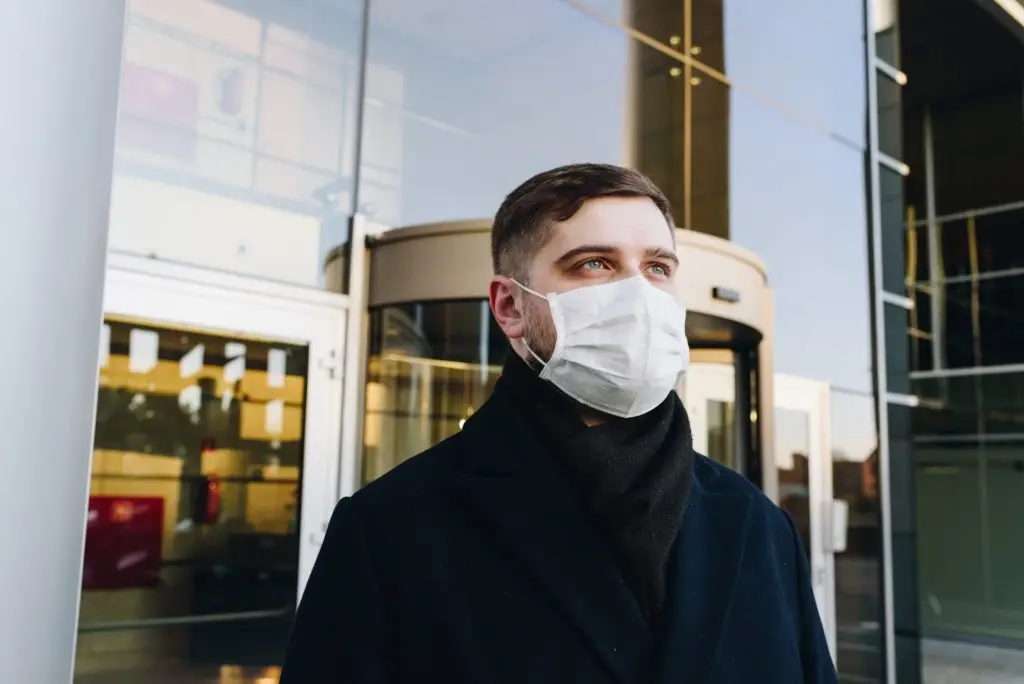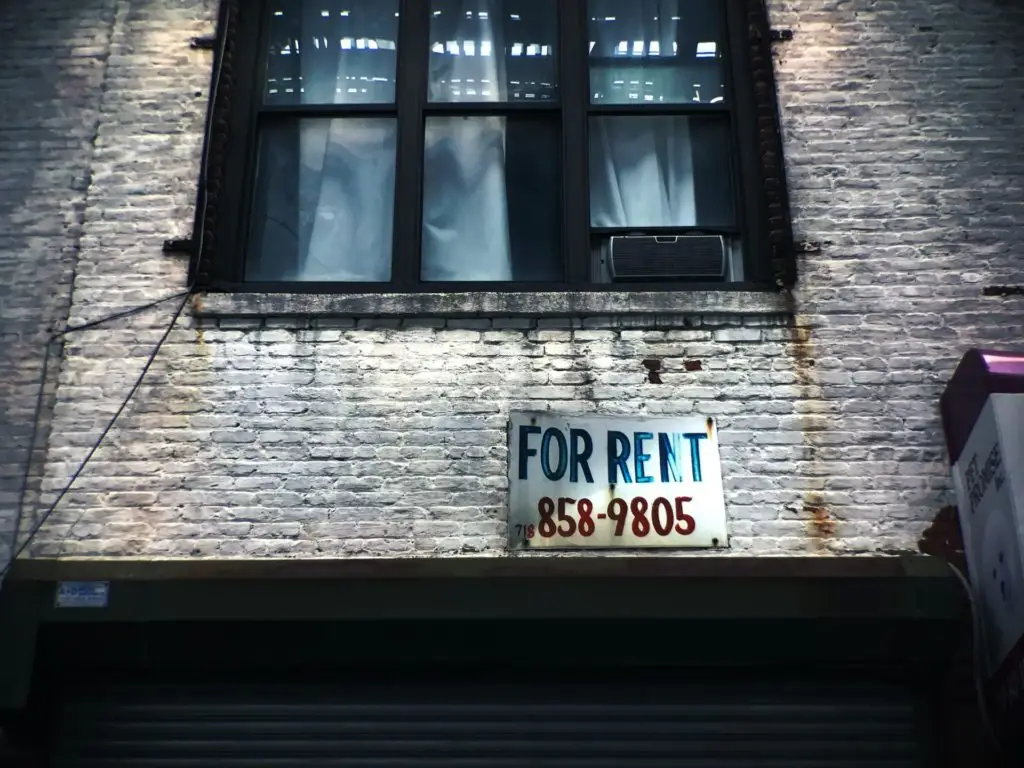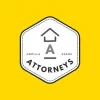On April 22, 2020, the Federal Housing administration updated its guidelines on fair housing. While the language of the rules stayed the same, FHA added a new protected class. This class includes all individuals discriminated against “associated with COVID-19.” Today’s brief article will first identify those individuals that could be in that protected class. Then, we will talk about some tips for landlords to screen for COVID-19.
Table of Contents
COVID-19 Protected Classes Under Fair Housing Laws
The CDC states, “viruses do not target specific racial or ethnic groups.” Given the current pandemic, Fair Housing laws had to adapt. Now, our conception of who is in a protected class, and what constitutes housing discrimination must adapt as well. Before, landlords knew they must avoid conversations on race, sex, nationality, and religion. Now, the Fair Housing Rules will also consider health. So, if your current application asks about the tenant’s health, you should reconsider.
Who do these regulations protect?
Important federal fair housing laws that protect persons from discrimination including harassment and intimidation, in housing and related services on the basis of race, color, religion, national origin, sex, familial status, and disability.
The Fair Housing Act and other federal laws prohibit the eviction, turning away or harassment of a person in housing because they are profiled…to be associated with COVID-19.
HUD Statement on Fair Housing 04.03.2020
HUD’s new guidelines on COVID-19 discrimination expand the landlord’s existing duty to accommodate all peoples in providing fair housing services. Administrative agencies have started cracking down on landlords because of reports of health discrimination. HUD anticipated landlords trying to keep public health concerns out of their properties. Sadly, they might be moving slower than the marketplace.
So, who do these regulations protect? COVID-19 fair housing protections look just like those under the Americans with Disabilities Act. HUD asks us to treat people with COVID-19 like those individuals with permanent disabilities. This makes some sense because we know their infection status will disrupt their major life activities. So, we know we must make reasonable efforts to accommodate them.

How do we treat people with COVID-19 fairly?
Any change in the way things are customarily done that enables a person with disabilities to enjoy housing opportunities or to meet program requirements is a reasonable accommodation.
Housing providers may not require persons with disabilities to pay extra fees or deposits or place any other special conditions or requirements as a condition of receiving a reasonable accommodation.
HUD on Reasonable Accommodations
In a residential setting, landlords must do what they can to make their housing accessible to people with COVID-19. Even if we flatten the curve, almost all of us will eventually get infected. Without a doubt, landlords cannot turn away a new tenant because she is positive for COVID-19. Similarly, a landlord may not evict an infected or quarantined tenant on that basis alone. Likewise, it would be illegal for the landlord to enforce quarantine herself. Generally, the rules frown upon the landlord interfering with the Tenant’s occupancy in any way.
Do’s and Don’ts
Earlier, we talked about the need for landlords to put in place programs that will help tenants with COIVD-19. Accordingly, a landlord may not charge extra deposits or fees for a tenant’s quarantine. A landlord may not charge disinfecting fees. Similarly, a landlord may not refuse access to someone who is suspected COVID-19 positive. All of these restrictions are necessary Fair Housing laws for the disabled. Therefore, the Federal Government doubled down on its commitment to allow housing to be enjoyed by all.
So, what can a landlord do? We suggest hiring temporary staff to your property to assist with making essential deliveries for COVID-19 positive tenants. Additionally, this is helpful because it lets the tenants inform you of their infection status without you demanding to know. As you will see in the next section, it is crucial that we don’t ask. A fair landlord will treat her tenants with dignity during this time. Therefore, she may not inquire about their private health without facing liability.

How do Fair Housing Laws allow us to screen a Tenant for COVID-19?
Earlier, we said unconditionally that landlords cannot inquire about the tenant’s health. Under fair housing laws, questions about COVID-19 infection are intrusive. These laws treat COVID-19 as a private matter, like questions about fertility or cancer. Simply stated, direct questioning is not just illegal, it’s unethical. Landlords provide a service, and we would advise them to ask questions only if they’re relevant to the tenant’s ability to pay rent.
However, I think landlords can still get at the issue of COVID-19 protection, from a benevolent way. Landlords can offer value to their tenants by providing services to help tenants recover from infection. As discussed earlier, the goal is to get voluntary information about viral status. Landlords can do this by creating these programs for positive tenants to register for quarantine assistance. Fair Housing laws prohibit asking for the information, but the tenant can always supply it anyway.
Finally, we would tell landlords to just not inquire about infection status from prospective tenants. The Fair Housing laws will treat this exactly the same as asking about cancer on the home application. There is no ethical way to ask if a tenant has COVID-19 when she applies to rent. So, I think we should focus our efforts on keeping our buildings healthy through good service. This is contrary to what some are doing to exclude access. Generally, you will comply with Fair Housing laws so long as you are providing help, rather than excluding access.
Conclusion – Don’t Ask!
If you read one thing in this article as a landlord, just don’t ask your tenants if they have COVID-19. Do not encourage them to inform you if they are quarantined. Instead, allow tenants to sign up of their own accord for delivery services. Allow tenants to tell you what their needs are. Your job as the landlord is to provide great homes for your community. So, at the end of the day, this is just one more service you will have to supply to keep Chicago vibrant.
Fair Housing Resources:
HUD Statement on COVID-19 – Issued April 3, 2020, revised April 22, 2020.
Reasonable Accommodations for Disabled Tenants – HUD Guidelines, retrieved April 28, 2020.
HUD Coronavirus Fact Sheet – retrieved April 28, 2020.
File a Charge – Illinois Department of Human Rights Fair Housing Division. Retrieved April 28, 2020.
Coronavirus Assistance Articles – From the Chicagoland Lawyer.
